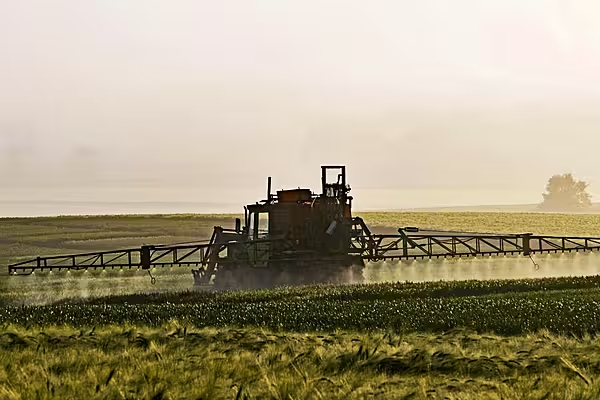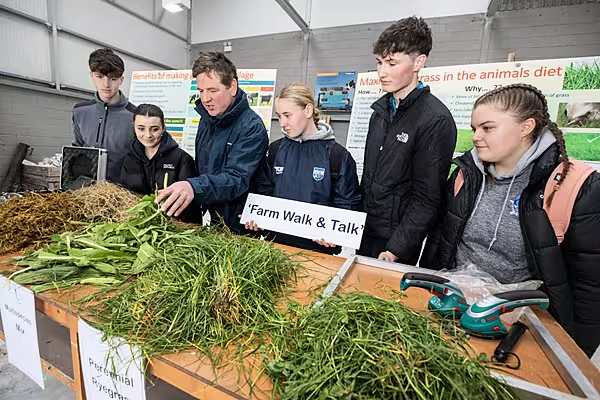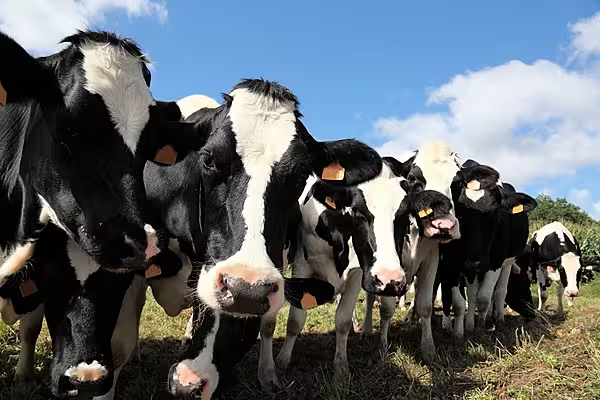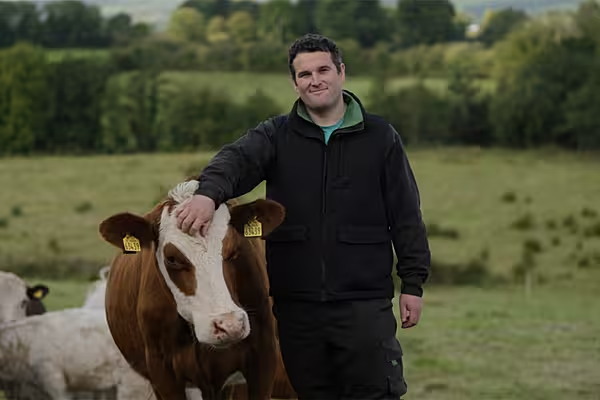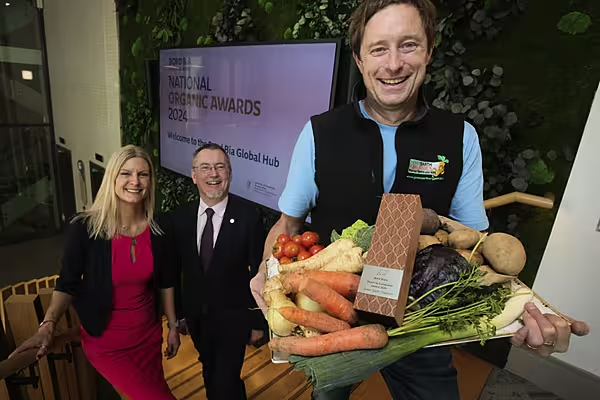European Union negotiators will seek a deal on Thursday to make the bloc's huge farming subsidies greener, after disagreements on rules to curb agriculture's climate impact upended talks last month.
Talks to reform the EU Common Agricultural Policy (CAP) have dragged on for nearly three years, with negotiators still split over how to spend the CAP's €387 billion ($462 billion) budget of payments to farmers and support for rural development, about a third of the EU's total 2021-2027 budget.
Portuguese Agriculture Minister
Portuguese Agriculture Minister Maria do Ceu Antunes, who represents EU member states in the negotiations with European Parliament, said she was committed to striking a deal. The talks are scheduled for Thursday and Friday.
"It is still completely unclear whether an agreement can be reached. The member states have barely moved," said Thomas Waitz, a Green lawmaker in European Parliament and an organic farmer.
The sticking points include rules to curb the 10% of EU greenhouse gases emitted by agriculture and protect nature from pressures like intensive irrigation or chemical pesticides.
EU auditors this week said the current CAP was failing to reduce emissions, despite spending €100 billion in 'climate-friendly' subsidies since 2014. EU agriculture emissions, half of which come from livestock, have not decreased since 2010.
'Eco-Schemes'
Negotiators are likely to squabble over how much money to spend on 'eco-schemes' that protect the environment, such as restoring wetlands to absorb CO2, and how strictly to define such schemes.
Parliament wanted to spend 30% of payments on eco-schemes, while EU countries proposed a binding 18% share in last month's talks.
Other changes aim to stop the decline of Europe's small farms. Proposals under discussion could require countries to redistribute a share of CAP payments to smaller farms, or reduce the money farmers get after they receive a certain limit, to ensure more cash goes to smaller businesses.
Parliament also wants guarantees that EU countries' plans for spending CAP money comply with the bloc's legally-binding climate and environment goals.
The new CAP rules will take effect from 2023.
News by Reuters edited by Checkout. For more Fresh stories click here. Click subscribe to sign up for the Checkout print edition.
